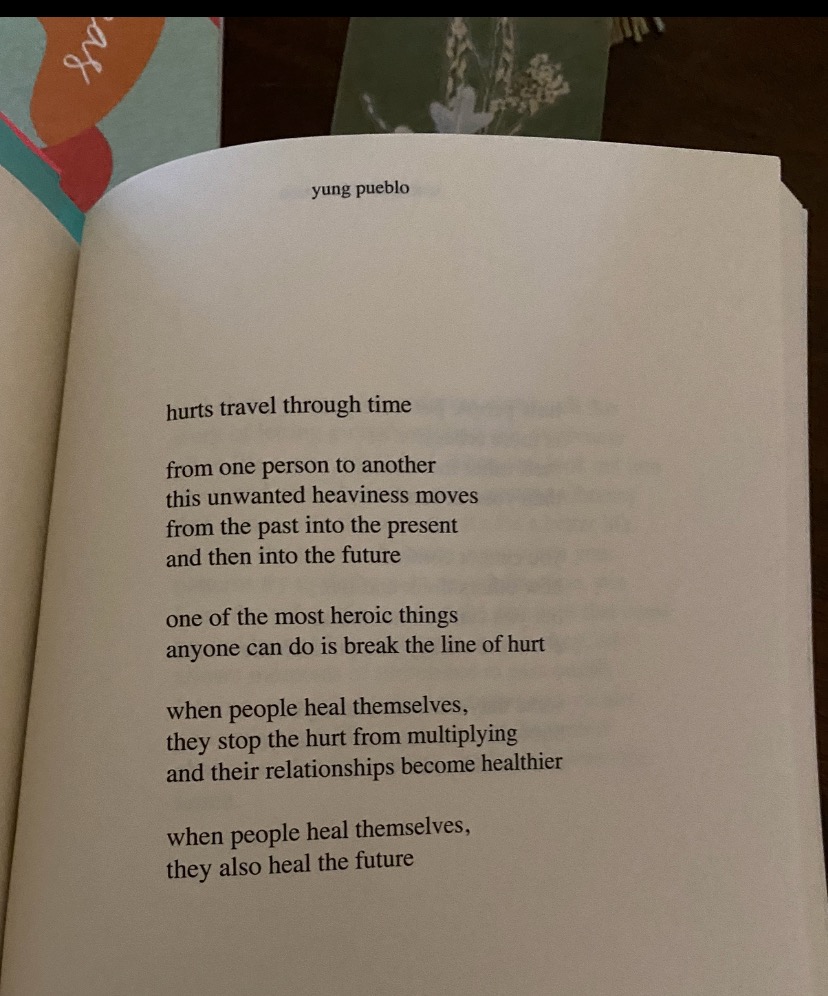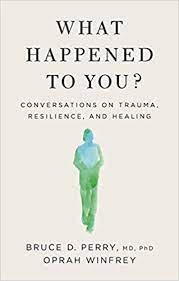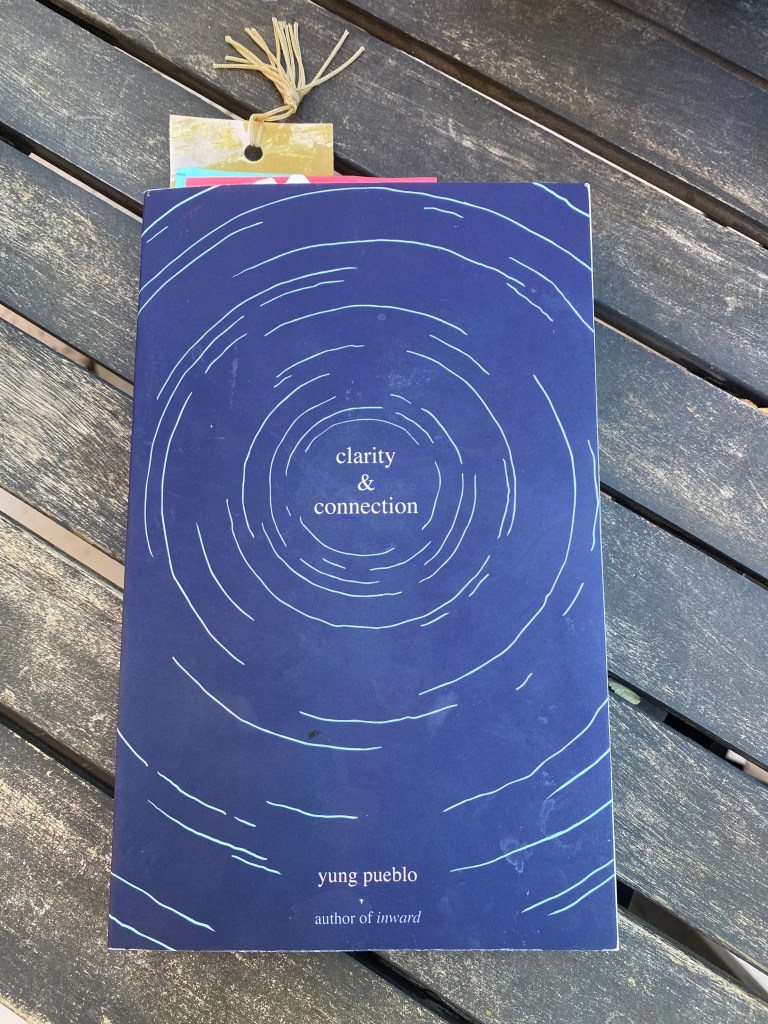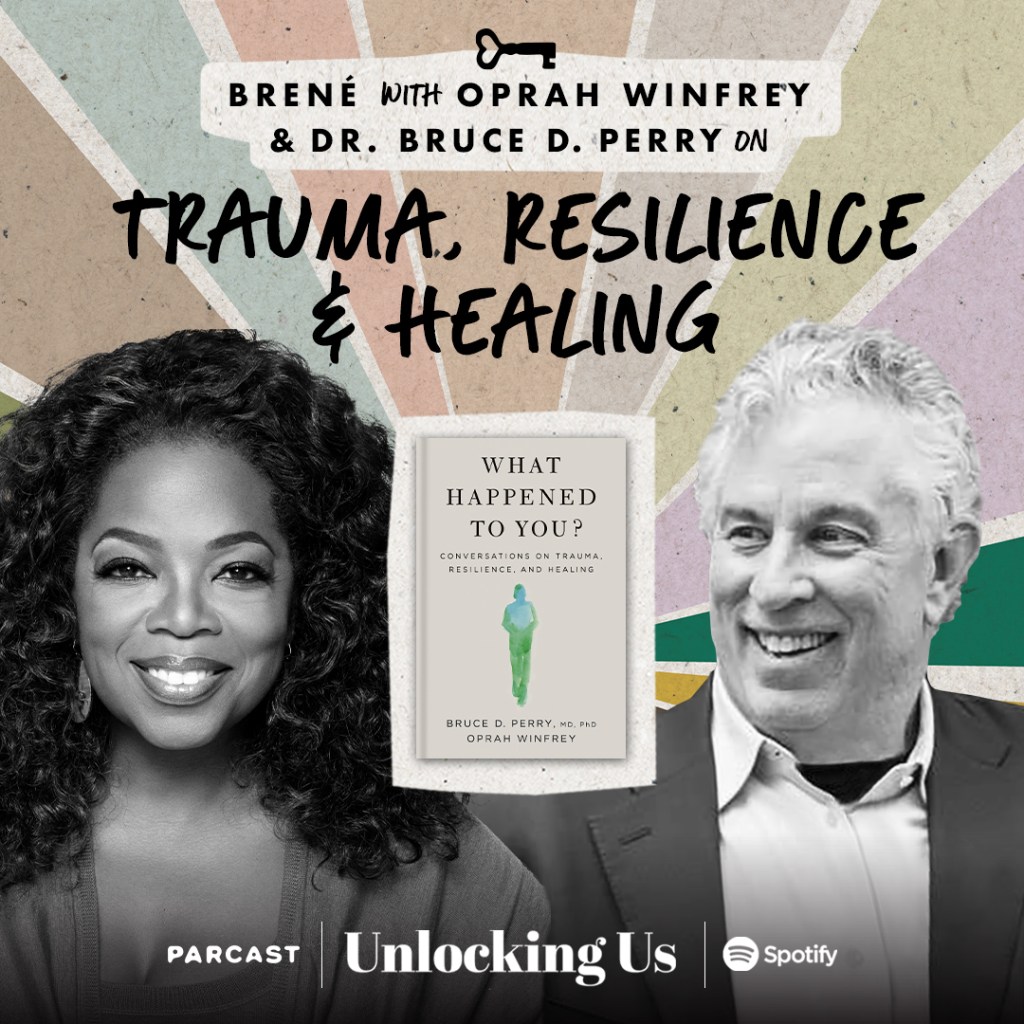
Over this past year, I gained a deeper understanding of the impact of childhood experiences from one generation to the next.
As I read this page from Clarity &. Connection by Yung Pueblo, I paused to reflect on just how true these words are. Often when I read a page in this book, I do find that I have lived exactly what Yung expresses.
I reflected on my mother whose parenting skills were sorely lacking and how that impacted me from a very young age. If you asked me at age 5 or 10 or even 15 what I wanted to be when I grew up my answer was always the same: “A good mother”.
Most people would just smile and think how sweet. However, a guidance counselor in middle school took it as a red flag. I spent more time in 7th grade in that counselor’s office than the classroom. I drew pictures of a house with a white picket fence, a big leafy tree with a tire swing, colorful flowers lining the path to the front door, three smiling kids and two happy parents, all holding hands. The guidance counselor would give me an odd smile that felt intrusive as he asked me vague questions and and gave me the ink blot test. Looking back, I am sure he knew I was leading a double life – the fantasy image that I drew on that paper and the harsh reality of a very dysfunctional family. He could also see my mother’s reaction when she stormed into his office to yank me out of there. I often wondered if he could hear her yelling at me when we got into the car. A few days later when I found myself back in his office, I was sure he did. Truth be told I was angry at him for putting me into this endless cycle of fearing the consequences of being back in his office while surreptitiously begging for his help, leaving clues on blank sheets of paper. Neither adult seemed to truly care about me. I was Olive Oyl between Popeye and Brutus. The tug of war was between them and my fate remained unchanged. A pattern that would play out in my life for decades.
So it was clear that from very early on I thought this whole mothering business could be handled much better. My framework for this was established with a long list of “what not to do” and it even included all the awful things my mother would repeatedly say that I vowed never to say to my own future children. Imagine my confused relief when I realized that other kids from seemingly functional homes had that same list. The big glitch in building a framework on “what not to do” is that it creates a very shaky foundation.
It set in motion a very complex webbing of reactive behavioral patterns intended to keep me and my brothers safe. I had an imaginary hope chest full of ideas on how to do things better when I was a mom. All those old reactive behavioral patterns became road blocks on my life journey. I can see that so clearly now — at 69 and on the other side of six years of self-discovery work.
Here’s the blueprint for all that generational heaviness that Yung Pueblo writes about — my mother had her own story. I know very little of it except that her own mother’s early death left her reeling and it must have happened shortly after I was born. She went to seances and fortune tellers, numbed her pain with alcohol, cigarettes and bad choices. My dad was overwhelmed by her and afraid of her. He was way out of his league in how to navigate it all. I remember being so angry with him for not protecting me and my brothers, but now I realize that he was every bit as frightened and stymied as we were. Both my parents were armoring up against their own fears and unprocessed trauma.
I grew up too fast, assuming adult responsibilities around the age of 10. Like many young kids, I believed I was the problem — that if I was better, we would somehow magically change into that happy family image I drew on paper for the guidance counselor. My behavioral patterns took root and I became a helper extraordinaire, a people pleaser and abundantly compliant. I took my lived experience, extracted the parts that hurt and vowed to do it differently. I began stuffing that imaginary hope chest with my own blueprint for being a good mom, wife and having a happy family.
I left home just a few days after graduating from high school. Actually, I bolted from home — in broad daylight, while my mom was at work. Packed my few belongings and moved into a third floor apartment on a peaceful street on the other side of town near a local college. I felt so free, in charge of my own destiny for the very first time. Just one little problem, I kept looking behind me (literally and figuratively) to see if trouble was looming. Like I said, it is very hard to build a solid foundation from shaky scaffolding. My mother gave me good reason to keep looking behind. She stole my car — my 1968 Mustang, in the middle of the night. I came out of my apartment in the morning to go to work and discovered my car was missing. She did this a few times, in spite of the fact that I thought I was so clever by parking it discreetly blocks away from my apartment. Those tentacles of childhood distrust just kept reaching out and tapping me on the shoulder.
At that time, I was working as a legal secretary in a law office for $70 a week. My boss was the most kind, sensible, empathic adult I’d met in a long while. He offered me a solution to the repeated stolen car dilemma, pro bono, and sent my mother some legal notice that put an end to her nonsense. It may have been the first time that I truly felt that someone had my back. I wonder if I conveyed to him just what that really meant to me.

My hope chest blueprint was an attempt for me to be the exact opposite of my mother but because I was also looking over my shoulder, I could not really sink down deep into my own core values and fully embrace who I truly was. My learned behavioral patterns kept me tethered to a past full of uncertainty. I carried my parents armor and my own. There was no sure footing, no strong foundation.
That’s how many find ourselves moving forward into life, getting married and having kids — and bringing all our baggage into the new life we are trying to build. Even in the best of families, there are blind spots. I think my parents’ generation had a junk drawer and a skeleton closet. They hid discomfort, dysfunction and trauma. My generation was often taught to suppress our emotions –stop crying, get over it, pick yourself up by the bootstraps. Is it any wonder that generationally we struggle with emotional triggers?
When I married in my early 20’s, I naively believed that my “happily ever after” blueprint was destined to come to fruition. My first husband was the oldest of 5 in what surely looked like the TV version of family perfection. Dad dutifully off to work, while mom in a flowered apron baked and ironed, preening over her children and her gardens. It was only after we were married, and were living with his family for several months that I discovered there were serious cracks in this facade as well.
Looking back now, I can more clearly understand that many of our marital struggles were rooted in the behavioral patterns we both brought with us into a young marriage. Unfortunately, we doubled down on what once worked for us in times of stress. That in turn just entrenched the cycle of our pasts colliding creating that unwanted heaviness that Yung Pueblo describes. Naturally that meant that our three children were exposed to this newer version of the same old thing — and voila now they were developing their own reactive behavioral patterns. Three generations of armor getting heavier by the minute.
Over the past several years, I learned about the findings of Dr. Bruce Perry, a noted clinician, teacher and researcher in children’s mental health and neurosciences. His work on the impact of abuse, neglect and trauma on the developing brain has had meaningful impact around the globe. It became very evident to me that what happens to us in our early childhood years can have lifelong repercussions.
This is why I feel so strongly about the importance of caring for our mental health and emotional regulation. I wholeheartedly agree with Yung Pueblo that when people heal themselves, they heal the future.
Deep conversations with close friends has revealed that my story is not that remarkable. Many had similar experiences and have felt the effects of their learned childhood behavioral patterns throughout their adult lives. I’m hard-pressed to find a family tree that does not have entangled branches of dysfunction, depression, estrangement, insecurities and brokenness.
Take heart, however — We were also well-intentioned gardeners tending those family trees as best we could. We chose to do the opposite of what their parents did, we chose to love more deeply with an understanding it might hurt, we chose to soothe, comfort and nurture. The pendulum may have swung too far the other way. We burned ourselves out trying to do it all and keep everyone staying in the green on the happiness meter. We still lost our tempers, got resentful, exhausted and disconnected. We offered ice cream cones to our children when we should have pulled them in our laps and honored their feelings. We should have done the same for ourselves but we chose a glass of wine or a bag of chips.
My first marriage ended in divorce. We tried couples counseling before we threw in the towel, but like my guidance counselor experience I realize that we were unable to identify the root cause of our problems. So we just lobbed our resentments back and forth, paid the bill and went home to hit repeat. We did not break the cycle. I can look back now through clearer eyes and a wiser heart and see how our emotional armor and old behavioral patterns kept us entangled til we couldn’t actually live our best lives anymore. I also see how our three kids paid a dear price just as my personal counselor told me. She said that my kids might come back to me one day and ask why I did not leave sooner. When I made the decision to divorce, my sons were away at college and somewhat insulated from the months of anxious fallout, but my daughter was now Olive Oyl between Popeye and Brutus. Consider that my daughter was only 5 when I was diagnosed with breast cancer and 7 when she became my motivation to divorce to free us from a cycle of insecurities and unworthiness. Those events landed hard in the heart and mind of a young child.
Again, my story is not all unusual. And we have seen this play out throughout many generations. When my son was in the throes of his own divorce, I remember telling him that the long arduous decision making process had consequences for his young daughter and encouraged him and my daughter in law to co-parent from a space of awareness and love. I am relieved that they have done this well and continue to do so. For me personally, this is what Yung Pueblo means when he writes about healing the future. Learning from my mistakes, I share openly with my son and daughter in law. I am striving to help them navigate the challenges of raising a child in a co-parenting and ever-evolving family dynamic. No choosing sides and no ostracizing a child or making her feel “less than.” Raising a child is the hardest job we will ever do.
Embracing life’s realities and the brokenness that will inevitably occur in a caring, supportive, inclusive way is far better than saddling a child with our old emotional baggage. The best gift we can give a child is teaching them to honor their feelings. Holding them in our laps and listening, holding space for them to truly feel the depth of their emotions and feeling safe to do so. Teaching emotional awareness, emotional regulation and modeling it ourselves in daily life is how we heal the future. Do the work — in the present moment.
I had no idea when I dipped my toes into mindfulness 6 years ago what I would be gaining. While I was so focused on healing myself, I was then unaware how helpful it would be to my family and friends in the years to come. I knew that I wanted to get out of a situation that was draining me physically and emotionally so that I could be at my best for whatever life had in store for me in this last chapter of my life. That desire to be stronger, healthier and of clearer mind took me on a journey I could have never imagined. So often I told myself that I wished I had learned this all much earlier in my life, recognizing that it would have not only saved me a lot of heartache, but it may have also meant I did not inadvertently hurt others. There is a quote that says that life brings to you what you need the most — and what I needed the most was to heal from old trauma, drop the baggage and embrace equally my imperfections and my gifts. My discoveries and continued learning are supporting my efforts to help others learn this invaluable lesson much sooner in life.
I am so grateful that we live in a time where the stigma around mental health is falling away. I am so encouraged that counseling and therapies are taking a more holistic approach to mental health, bringing grounded research and more tools into the fold. I do believe that we need to be an advocate for our own mental health as much as we need to be advocates for our physical health.
I have looked back on my counseling sessions and see evidence where childhood experiences were begging to be brought out into the open, but were dismissed or simply missed. Had we all recognized that the warning signs were flashing, we could have done some of this meaningful healing work so much sooner. We may have saved good relationships that were tainted by our past.
Dr. Bruce Perry and Oprah recently released their book “What Happened to You?” If we each asked ourselves this question, and then took the time to go back and revisit our childhood with compassion and mature perspective, it would be an invaluable step in breaking the generational line of hurt.

RECOMMENDED RESOURCES:






You are a beautiful writer, Amy! I could not write my story, that resembles yours in many of the key areas, with the courage and authenticity you have applied here. I came upon your blog by accident… a happy accident!
LikeLike
Cappies, thank you so much for commenting on my post. I am grateful that you came upon my blog my accident and hope that you will find other posts helpful and inspiring. My purpose in life now is to help others and your comments mean so much to me. Thank you!
LikeLike